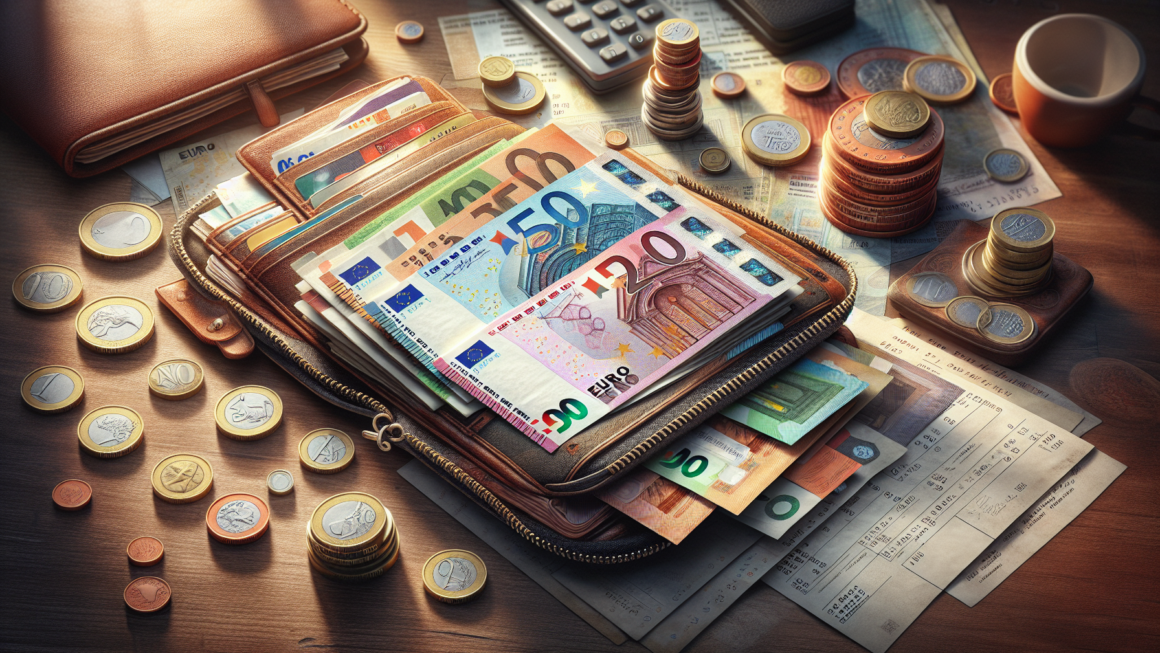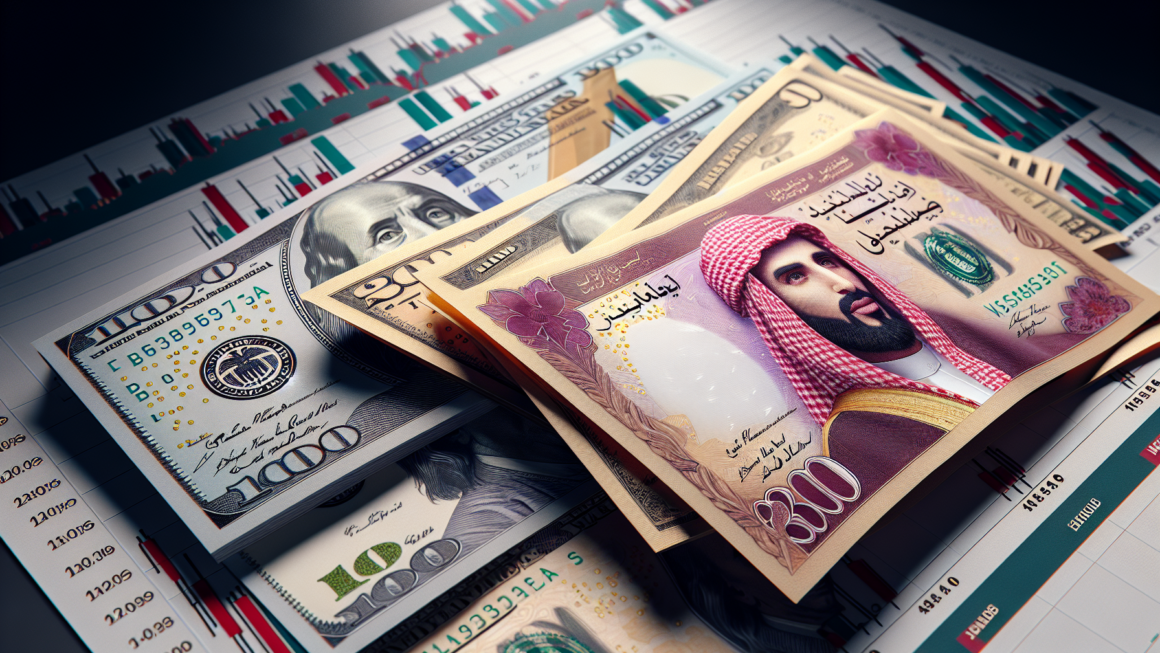When traveling to Portugal, it’s essential to understand the country’s currency and the best ways to manage your money. As a popular tourist destination, Portugal offers a range of options for exchanging currency and making payments. In this guide, we’ll explore Portugal’s currency, the euro, and provide valuable tips for handling your travel money effectively.
Understanding Portugal’s Currency: The Euro
Portugal, along with many other European countries, uses the euro (€) as its official currency. The euro is divided into 100 cents and is available in both banknotes and coins. Familiarizing yourself with the different denominations will make your transactions in Portugal much smoother.
The euro banknotes come in seven denominations: €5, €10, €20, €50, €100, €200, and €500. Each banknote has a distinct color and design, making them easy to distinguish. On the other hand, euro coins are available in eight denominations: 1 cent, 2 cents, 5 cents, 10 cents, 20 cents, 50 cents, €1, and €2.
Euro Banknotes and Coins in Circulation
When handling euro cash, it’s important to be aware of the banknotes and coins in circulation. Here’s a quick overview:
- Banknotes: €5 (grey), €10 (red), €20 (blue), €50 (orange), €100 (green), €200 (yellow), €500 (purple)
- Coins: 1 cent (copper), 2 cents (copper), 5 cents (copper), 10 cents (gold), 20 cents (gold), 50 cents (gold), €1 (silver/gold), €2 (silver/gold)
Keep in mind that while the €200 and €500 banknotes are legal tender, they are rarely used in everyday transactions and may not be accepted by some businesses.
Portugal’s Transition from Escudo to Euro
Before adopting the euro, Portugal’s national currency was the Portuguese escudo (PTE). The country officially transitioned to the euro on January 1, 2002, along with several other European Union member states. The fixed exchange rate at the time of the transition was 200.482 escudos to 1 euro.
Although the escudo is no longer in circulation, you might still come across references to it in older price tags or when discussing historical currency values with locals.
Best Ways to Exchange Currency in Portugal
When traveling to Portugal, you have several options for exchanging currency and accessing your travel money. Let’s explore the most convenient and cost-effective methods.
Using ATMs (Multibanco) in Portugal
One of the easiest ways to obtain euros in Portugal is by using ATMs, known locally as Multibanco. ATMs are widely available throughout the country, especially in cities and towns. Look for the Multibanco logo, which features a green and blue color scheme.
When withdrawing cash from an ATM in Portugal, choose to be charged in euros rather than your home currency. This way, you’ll avoid dynamic currency conversion fees and get a better exchange rate. However, be aware that your bank may charge a foreign transaction fee for using an ATM abroad.
Wise Euro Card for Spending in Portugal
For the best deal when spending money in Portugal, consider using the Wise euro card. This travel money card offers excellent exchange rates, allowing you to hold and spend in over 40 currencies, including the euro. By using the Wise card, you’ll benefit from the mid-market rate, which is the true exchange rate without any hidden fees.
To use the Wise euro card in Portugal, simply top up your account in your local currency and switch to euros. You can then use the card to make purchases or withdraw cash from ATMs, knowing that you’re getting the best possible exchange rate.
Paying with Credit and Debit Cards in Portugal
In Portugal, credit and debit cards are widely accepted, especially in larger establishments such as hotels, restaurants, and shops. However, it’s always a good idea to carry some cash, as smaller businesses or street vendors may prefer or only accept cash payments.
When using your credit or debit card in Portugal, you may be asked if you want to be charged in euros or your home currency. Always choose to pay in euros to avoid dynamic currency conversion fees and get a better exchange rate.
Currency Exchange Offices (Cambios) in Portugal
Currency exchange offices, known as cambios, are available in Portugal, particularly in tourist areas and major cities. However, be cautious when using these services, as they often charge higher exchange rate markups and may have less competitive rates compared to other options.
If you do need to use a currency exchange office, compare rates from multiple providers and be aware of any additional fees or commissions they may charge.
Tips for Managing Travel Money in Portugal
To make the most of your travel money in Portugal, consider the following tips:
Understanding the Mid-Market Exchange Rate
When exchanging currency or making purchases abroad, it’s crucial to understand the mid-market exchange rate, also known as the real exchange rate. This is the rate at which banks and financial institutions trade currencies with each other, without any hidden fees or markups.
By familiarizing yourself with the mid-market rate, you can better assess the fairness of exchange rates offered by various providers and make informed decisions about where to exchange your money.
Avoiding Currency Exchange at Airports and Hotels
While it may be convenient to exchange currency at airports or hotels, these locations often have the least favorable exchange rates. They typically charge higher fees and have significant exchange rate markups, which means you’ll receive less value for your money.
Instead, plan ahead and exchange some currency before your trip or use ATMs or travel money cards once you arrive in Portugal.
Budgeting and Managing Cash in Portugal
To effectively manage your travel budget in Portugal, consider the following tips:
- Estimate your daily expenses and withdraw cash accordingly from ATMs, keeping in mind any withdrawal fees.
- Avoid carrying large amounts of cash, and store your money securely in a money belt or hotel safe.
- Use a mobile banking app or online tools to track your spending and monitor your account balance.
- Be aware of any transaction limits or fees associated with your credit or debit card when using them abroad.
Currency Conversion and Money Transfer Services
When planning your trip to Portugal or needing to transfer money internationally, currency conversion and money transfer services can be helpful tools.
XE Currency Conversion and Money Transfer
XE is a popular platform that provides currency conversion services and international money transfers. With XE, you can easily convert currencies using live exchange rates, access currency charts and historical data, and set up rate alerts to stay informed about currency fluctuations.
Additionally, XE offers a money transfer service that allows you to send money internationally at competitive exchange rates, with various delivery options available.
Wise Currency Services for Portugal
Wise, formerly known as TransferWise, is another reliable option for currency conversion and money transfers. Wise offers a range of services tailored for travelers and expats, including:
- Currency conversion at the mid-market rate, with no hidden fees
- International money transfers from the UK and other countries to Portugal
- The Wise debit card, which allows you to hold and spend money in multiple currencies, including euros
By using Wise’s services, you can save money on your trips to Portugal and avoid excessive bank fees and unfavorable exchange rates.
In conclusion, understanding Portugal’s currency and the best ways to manage your travel money is essential for a smooth and enjoyable trip. By familiarizing yourself with the euro, using cost-effective options like ATMs and travel money cards, and being aware of exchange rates and fees, you can make the most of your funds and focus on exploring the beautiful country of Portugal.
See also:
- Finland Currency: A Complete Guide to Money in Finland
- Germany Currency: A Complete Guide to Euro Exchange Rate and Deutsche Marks Conversion
- Currency in Ireland: A Complete Guide
- Italy Currency: A Complete Guide to Money in Italy
- Lithuania Currency: A Complete Guide to Lithuanian Litai and Euro Conversion




